Starting your fitness journey is exciting—but without proper hydration, even the best workout plan can fall flat. Many gym beginners focus on lifting techniques, diet, and rest, but overlook one of the most critical factors: water. Staying hydrated isn’t just about quenching thirst; it’s about optimizing performance, recovery, and overall health.
This comprehensive hydration checklist gives you clear, science-backed guidance on what to do, why it works, and how to adapt your fluid intake as you progress in your fitness journey.
Water makes up about 60% of your body weight and plays a vital role in nearly every bodily function. During exercise, your body loses water through sweat, and even mild dehydration (as little as 2% fluid loss) can impair strength, endurance, focus, and recovery.
Proper hydration helps:
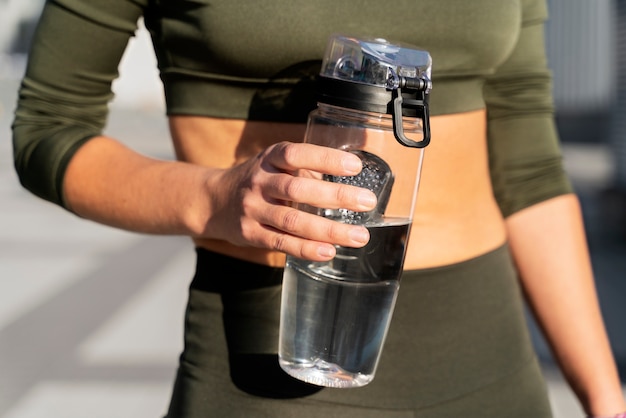
After 6–8 hours of sleep, your body is naturally dehydrated. Kickstart your metabolism and rehydrate by drinking 16–20 oz (500–600 ml) of water first thing in the morning.
A simple way to assess hydration: check your urine. Pale yellow means you're well-hydrated. Dark yellow or amber signals dehydration. Clear urine may mean you're overhydrating—balance is key.
Drink 16–20 oz (500–600 ml) of water 1–2 hours before your gym session. This gives your body time to absorb fluids and eliminate excess. If you're short on time, sip 8–10 oz (250–300 ml) 15–30 minutes before starting.
For workouts under 60 minutes, water is sufficient. Take small sips every 15–20 minutes (about 7–10 oz or 200–300 ml per session). For longer or intense sessions, especially in hot environments, consider a drink with electrolytes (sodium, potassium, magnesium) to replace what’s lost in sweat.
Weigh yourself before and after exercise. For every pound (0.45 kg) lost, drink 20–24 oz (600–700 ml) of water to replenish. This ensures full recovery and prepares you for your next session.
Hydration isn’t just about drinking water. Incorporate water-rich foods like cucumbers (96% water), watermelon (92%), oranges, and strawberries into your diet. These boost fluid intake and provide essential vitamins and minerals.
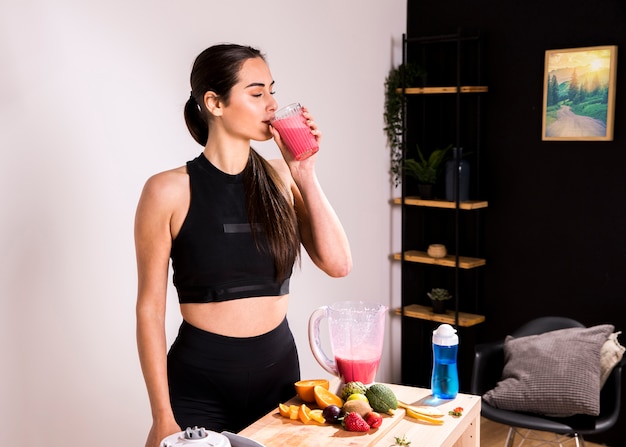
Not all fluids are created equal. Here’s a quick guide:
As you build endurance and intensity, your hydration needs evolve. New gym-goers may sweat less initially, but as fitness improves, sweat rate increases. Monitor your body’s signals and adjust accordingly.
Consider these adaptations:
Hydration is a simple yet powerful tool that supports every aspect of your fitness journey. By following this checklist, understanding the science, and adapting to your needs, you’ll perform better, recover faster, and stay healthier—all from something as basic as water.

Fitness
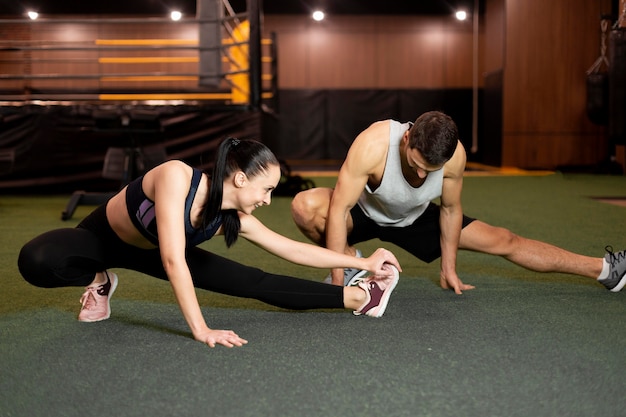
Fitness
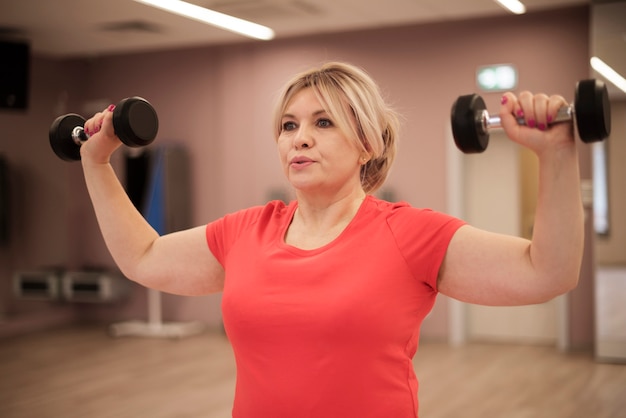
Fitness
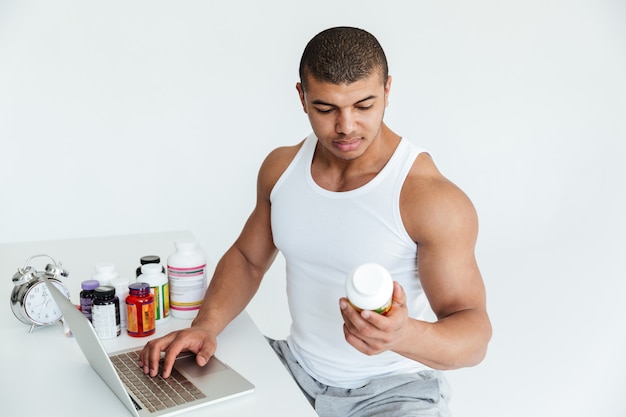
Fitness
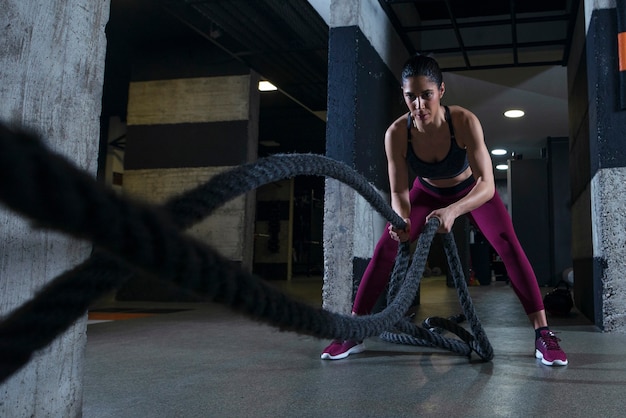
Fitness
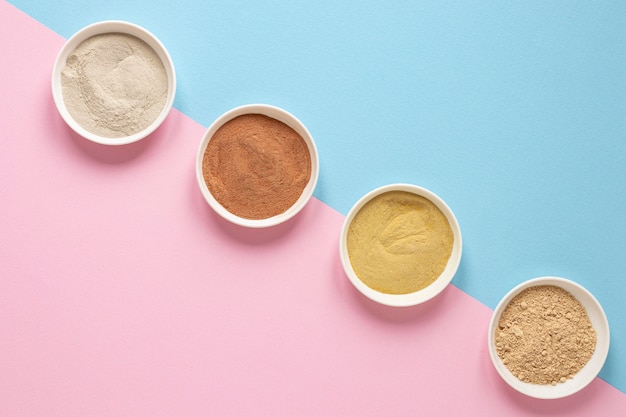
Wellness
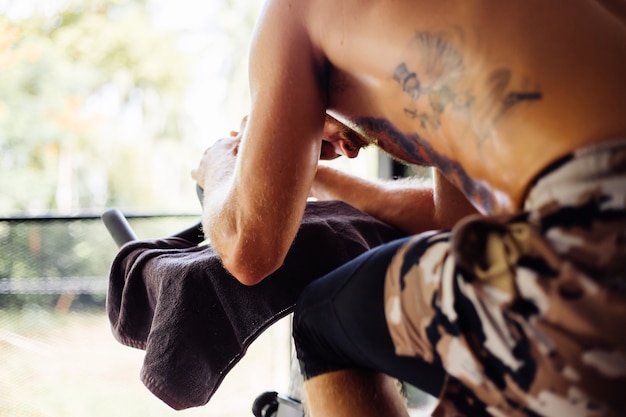
Fitness

Wellness
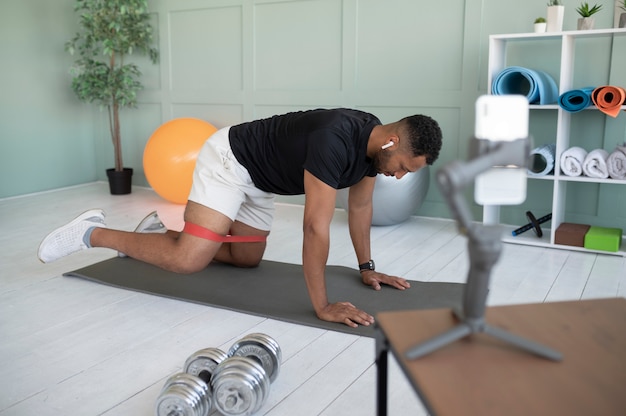
Fitness
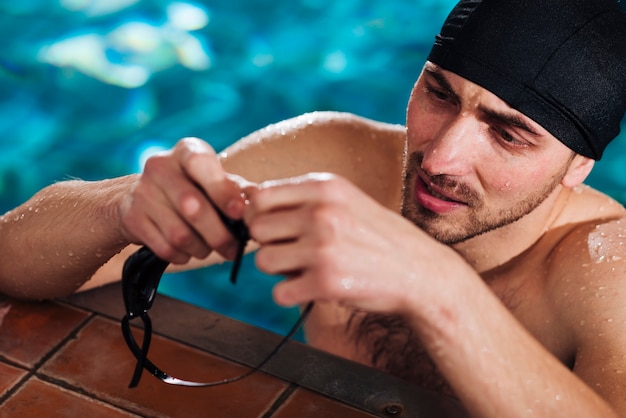
Fitness
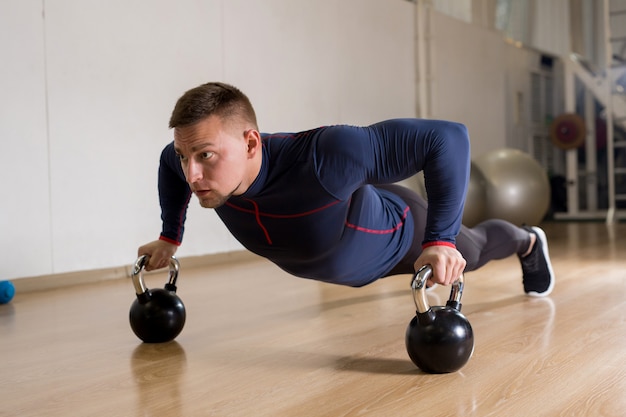
Fitness
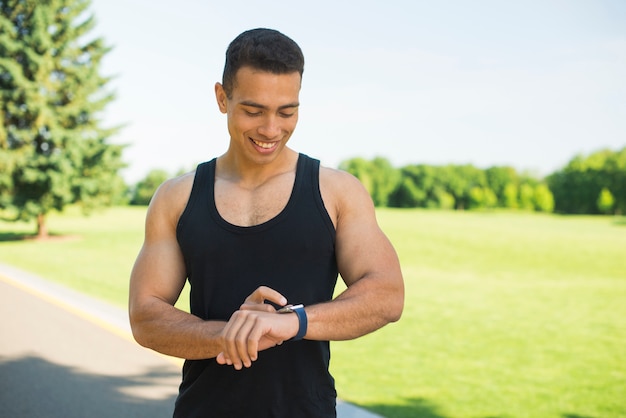
Fitness

Health

Fitness

Health

Health